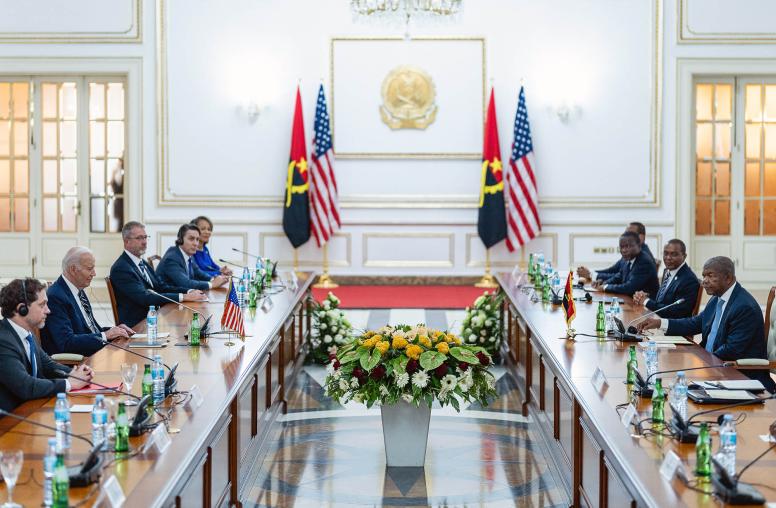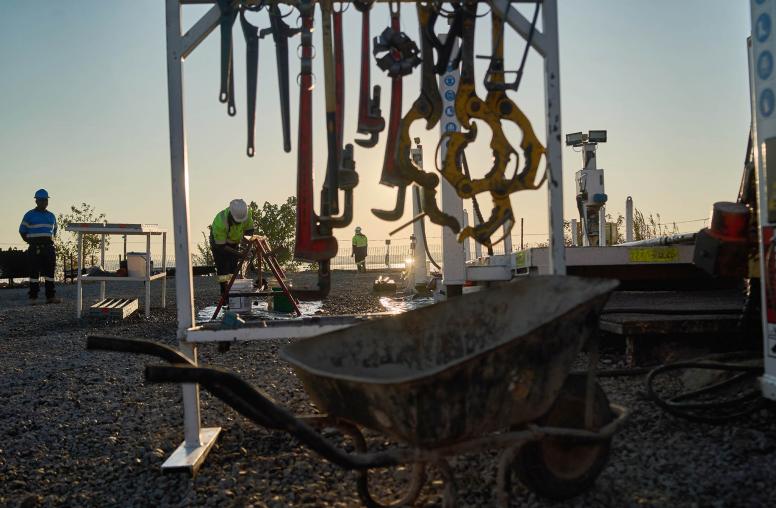The Lobito Corridor is an ambitious infrastructure project stretching from the port of Lobito on Angola’s Atlantic coast to Zambia through the Democratic Republic of Congo. It promises to boost trade and the regional economy by allowing inland mining and agriculture sectors to connect with broader markets. USIP’s Thomas Sheehy discusses his recent trip to parts of the corridor, where he saw the progress being made toward its development.



